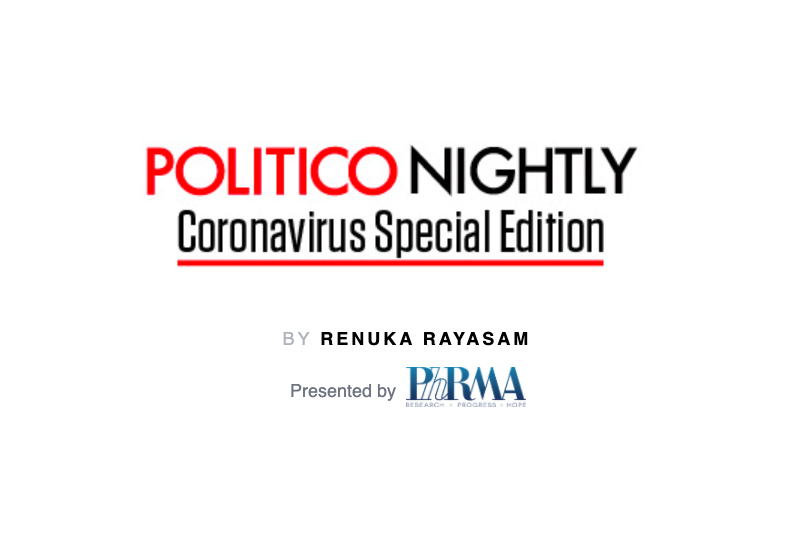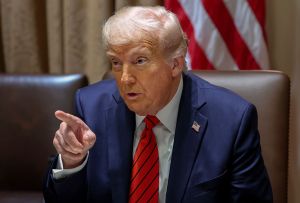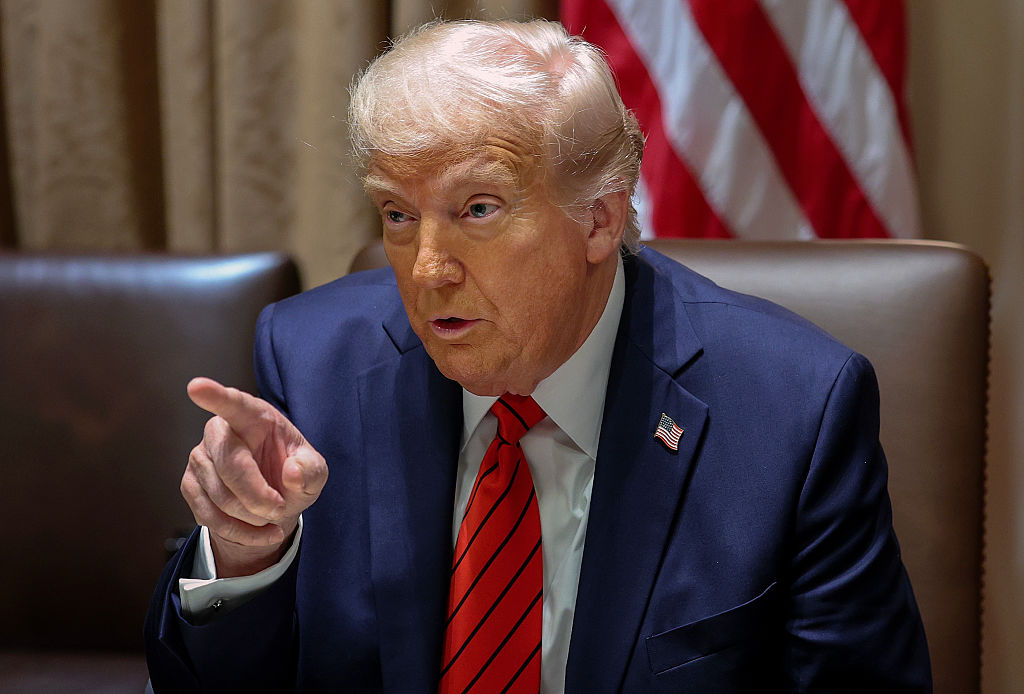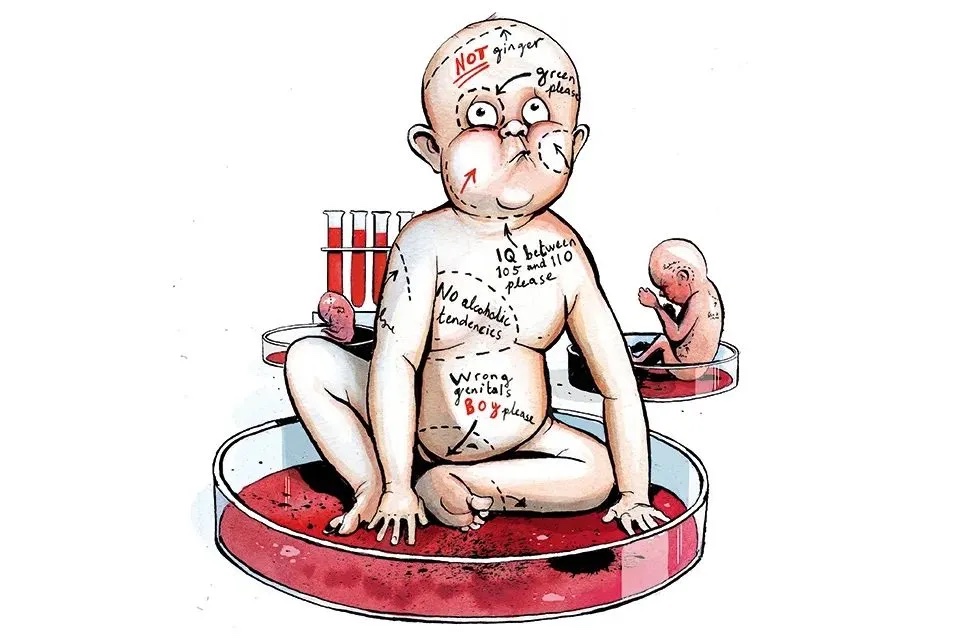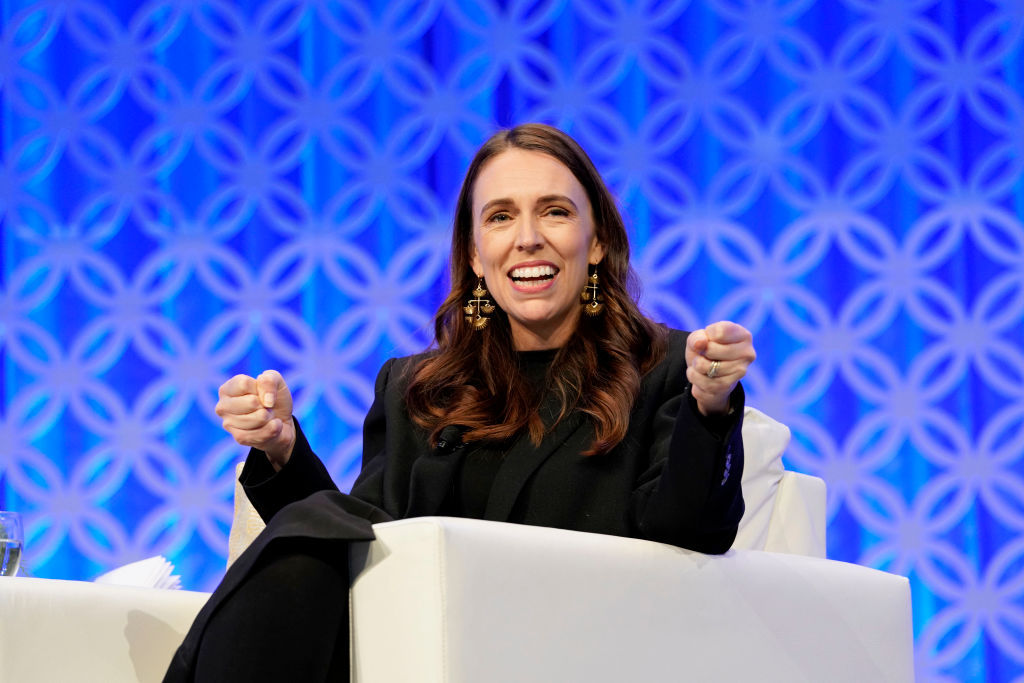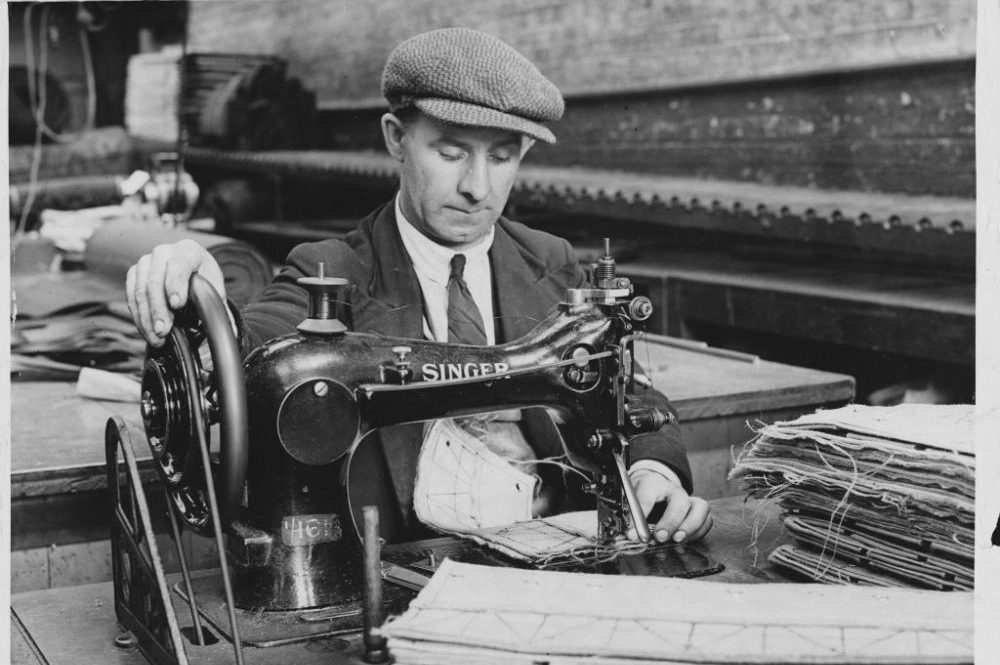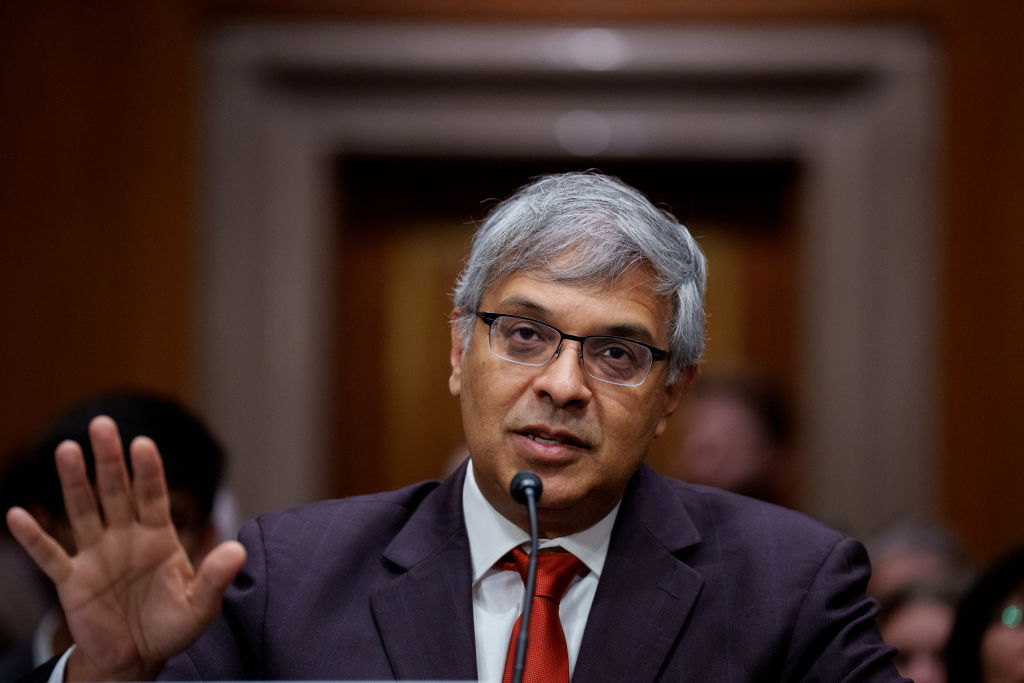News outlets across the globe are grappling with how to expand or adapt their operations to adequately provide readers with the latest news about the novel coronavirus.
In the US, for example, various digital publications have reduced their paywalled content so that more people have access to their reporting. Cockburn’s masters at The Spectator are even giving away three months’ free digital access.
Away from home though, Cockburn has particularly enjoyed Politico’s nightly newsletter dedicated COVID-19 news, aptly named, ‘POLITICO Nightly: Coronavirus Special Edition.’
However, while settling into his fourth scotch one evening, Cockburn noticed something in his Politico email that greatly disturbed him: the newsletter is sponsored by PhRMA.
For the uninitiated, PhRMA is the billion-dollar lobbying arm of the pharmaceutical industry. They represent Pfizer, Bayer, Johnson & Johnson, and other US companies known not-so-affectionately as ‘Big Pharma’. It turns out that Politico isn’t the only media company slurping up lobbyist cash — Axios‘s PM newsletter has featured advertisements from the Partnership for America’s Health Care Future, an anti-single payer lobbying conglomerate consisting of groups like BlueCross BlueShield, Universal Health Services, and — get this — PhRMA!
It’s an interesting choice for these news orgs to accept sponsorships from Big Pharma considering the litany of issues raised about the pharmaceutical industry following the spread of the coronavirus.
Perhaps the most substantial is that the lack of diversification in the medical supply chain led to a shortage of personal protective equipment across the world. Pharmaceutical manufacturers have been offshoring production for years, the consequences of which became quite obvious when the US had a hard time producing enough N95 masks domestically and had to rely on the likes of China, which cornered the market and then temporarily stopped exports of PPE. Instead of accepting that mass foreign production left the US vulnerable to exploitation and shortages and seeking solutions, the companies represented by PhRMA placed profits above all else and doubled down on their desire for cheap foreign labor.
PhRMA was just one organization to sign onto a letter opposing President Trump’s proposed ‘Buy American’ executive order, which would reshore key parts of the pharmaceutical industry and require the government to purchase a certain amount of its medical supplies from US manufacturers.
‘Proposals to drive all manufacturing to the United States not only overestimate the potential feasibility and underestimate the time and effort it would take to make such changes, but also misunderstand that a diverse pharmaceutical supply chain is precisely what enables the industry to respond quickly and make adjustments in its supply chain sourcing during natural emergencies and global public health crises,’ the letter said.
***
Get three months’ free access to The Spectator USA website —
then just $3.99/month. Subscribe here
***



